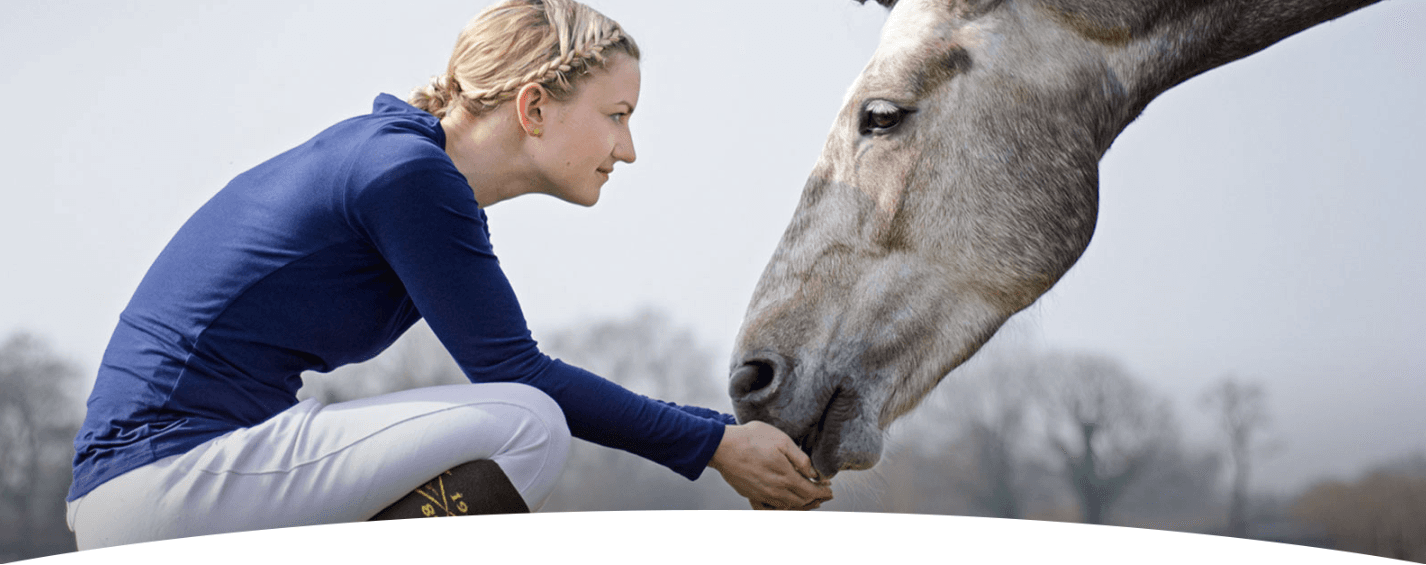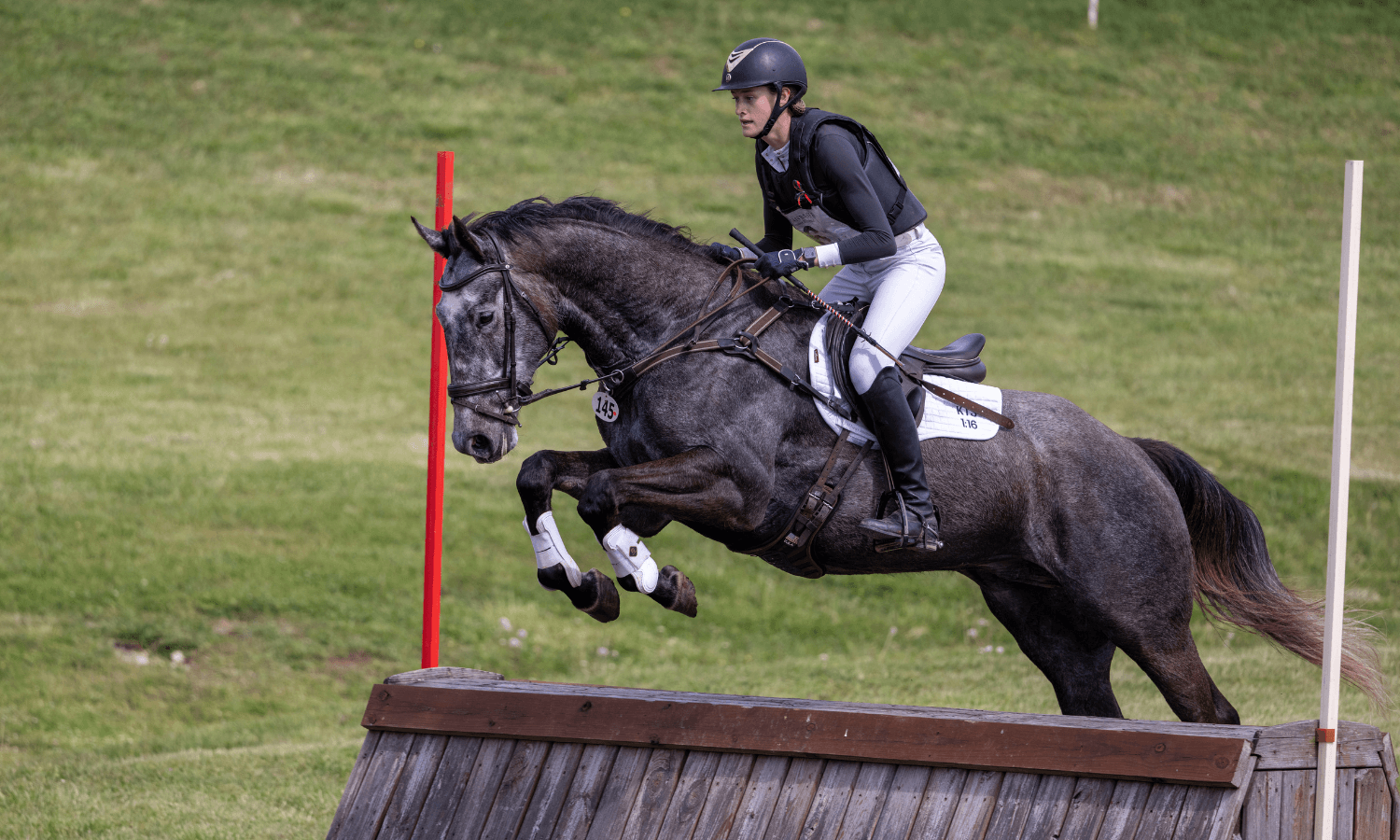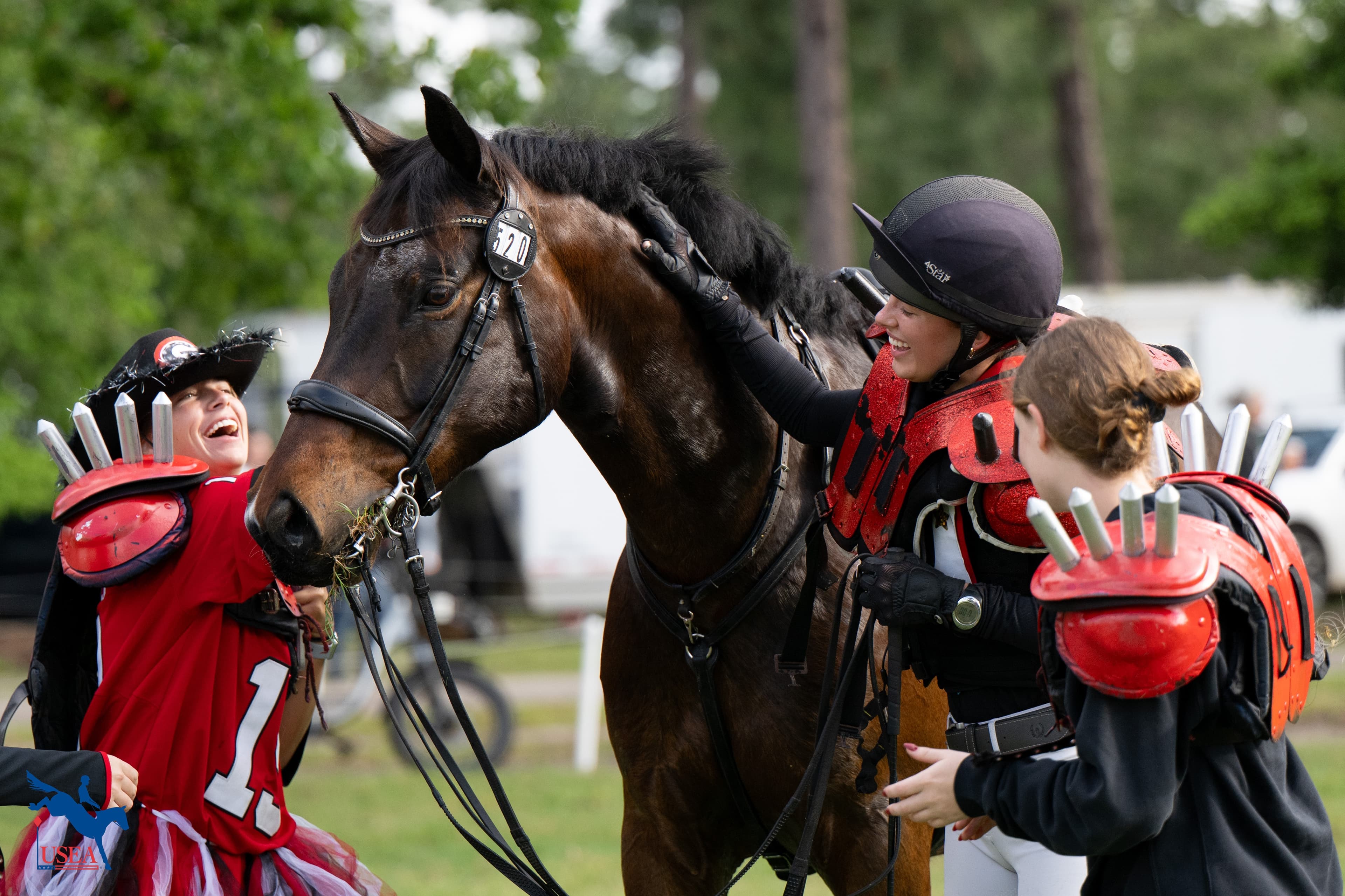Biosecurity Protocols Reminder Following Recent EHV-1 Outbreak in Europe

Updated with new information 4:00 p.m. ET on Wednesday, March 3.
A case of EHV-1 (neurological) has been reported in Ocala, Florida, similar in nature, but unrelated to the neurological strain of EHV-1 impacting Valencia (ESP) and other European countries.
The horse was not shipped from Europe and was not on show grounds at the onset of symptoms. USEF is working closely with the Florida Department of Agriculture and state authorities who are completing contact tracing and identifying the potential source of the virus exposure. The affected horse is in isolation at a vet clinic and horses who may have potentially been exposed have been quarantined.
USEF is working closely with competition organizers and veterinarians to ensure we are taking steps to proactively manage and contain the virus in the U.S. The USEA is monitoring the EHV-I outbreak along with our partners, including US Equestrian and the Equine Disease Communication Center.
USEF fully supports any restrictive measures implemented by competition organizers. USEF stresses the importance of restricting movement of horses for the next several days while the situation is further evaluated, particularly in the state of Florida.
Below are some best practices you can implement immediately:
| 1. | Review and ensure you are prepared for quick implementation of an isolation plan at a competition grounds and/or at your home farm or facility |
| 2. | Check your horse's temperature twice daily and maintain a temperature log |
| 3. | Isolate horses at first signs of symptoms or illness and contact your vet immediately |
| 4. | Any horses with a fever about 101.5-102.5°F should isolate in separate facilitates on the competition grounds or at separate veterinary facility off-site |
| 5. | Keep separate feed buckets, brushes, rags, and tack/equipment for each horse |
| 6. | Ask your veterinarian about appropriate cleaning solutions |
| 7. | Eliminate communal or shared water troughs and buckets |
| 8. | Practice hand washing in between handling horses |
| 9. | Maintain social distancing for horses; limit nose-to-nose contact with other horses at the ring |
| 10. | Ensure your horse is vaccinated for EHV (Rhinopneumonitis vaccine) in line with GR845 |
Please note that the vaccine does not protect against the neurological form of EHV-1, which is also referred to as Equine Herpes Myeloencephalopathy (EHM), but does reduce the clinical signs and shedding of the virus. Early identification and reporting of ill horses is vital in order to trace possible points of exposure and to aid in the prevention of further spread of the disease. The first 30 minutes following identification of a potentially infectious horse frequently determines the extent and scope of transmission and potential outbreak.
You should contact your veterinarian immediately for testing if a horse begins to display any symptoms of EHV-1. Competition managers should also be notified if the horse is at a competition. Cooperation with Florida and other state authorities is critical. The incubation period for EHV-1 is approximately 5-10 days for exposed horses and quarantine is 14-21 days in most states.
If you are aware of individuals who are not following proper reporting protocols, please contact Debbie Saliling, USEF Director of Compliance, at [email protected].
Additional Resources















